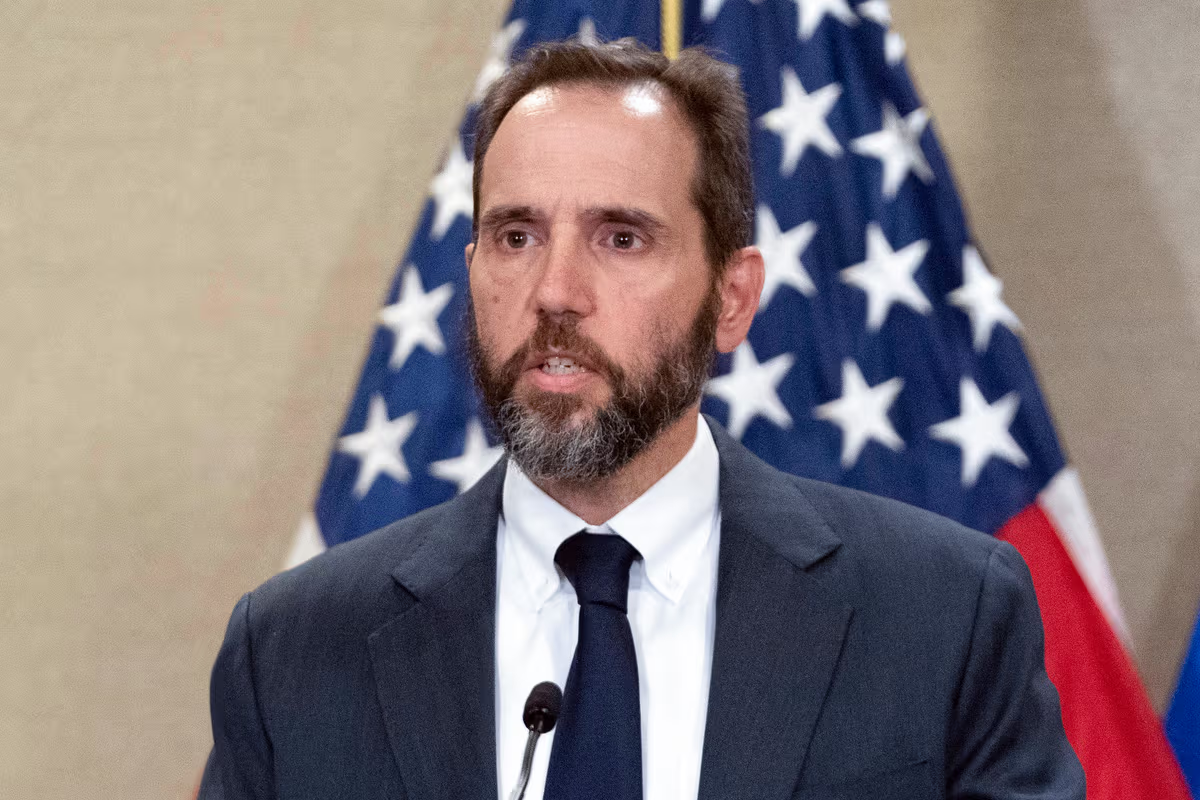
A Tale of Two Harvards
By THE NEW YORK SUN
|A ruling over what the jury hears before deliberations appears to be a lose-lose situation for the special counsel, but can he use it as a pretext for requesting recusal?

Already have a subscription? Sign in to continue reading

By THE NEW YORK SUN
|
By BENNY AVNI
|
By GEORGE WILLIS
|$0.01/day for 60 days
Cancel anytime
By continuing you agree to our Privacy Policy and Terms of Service.